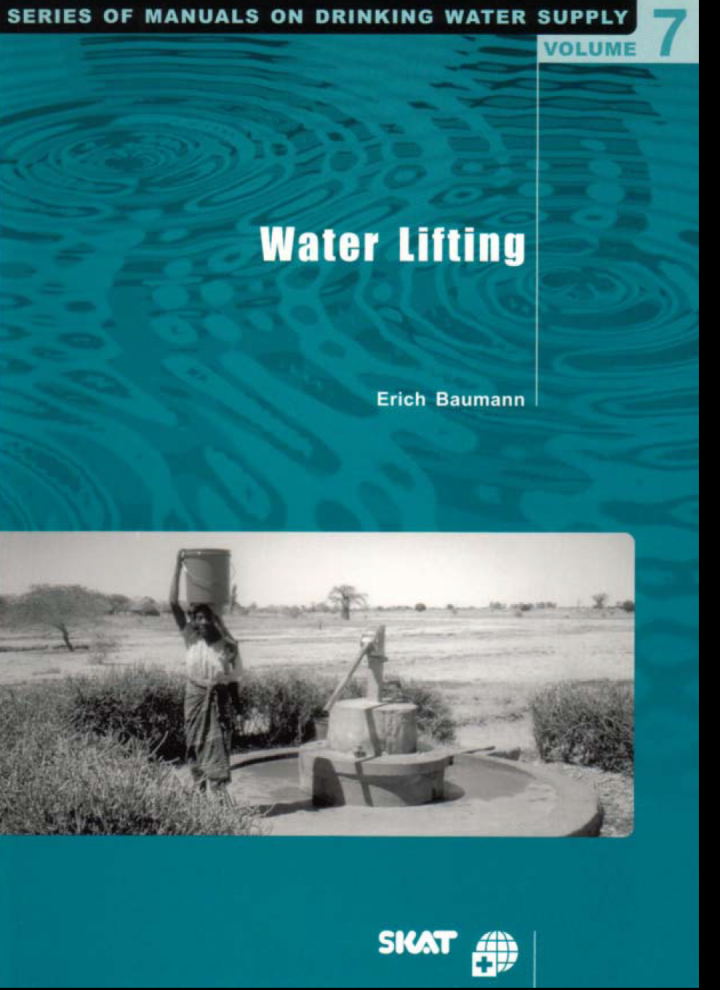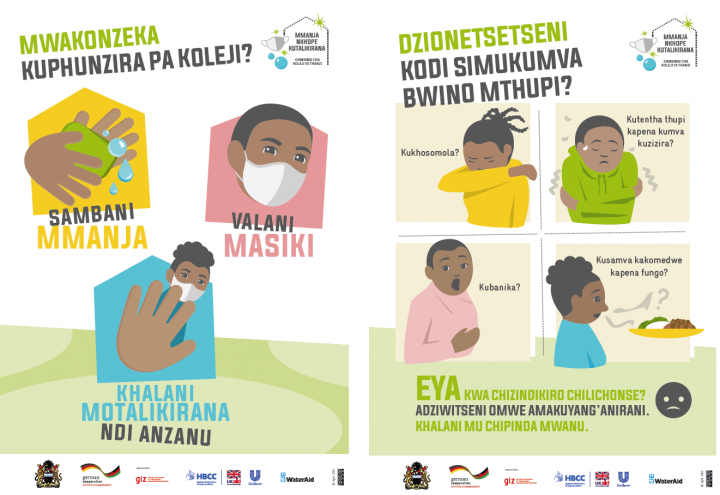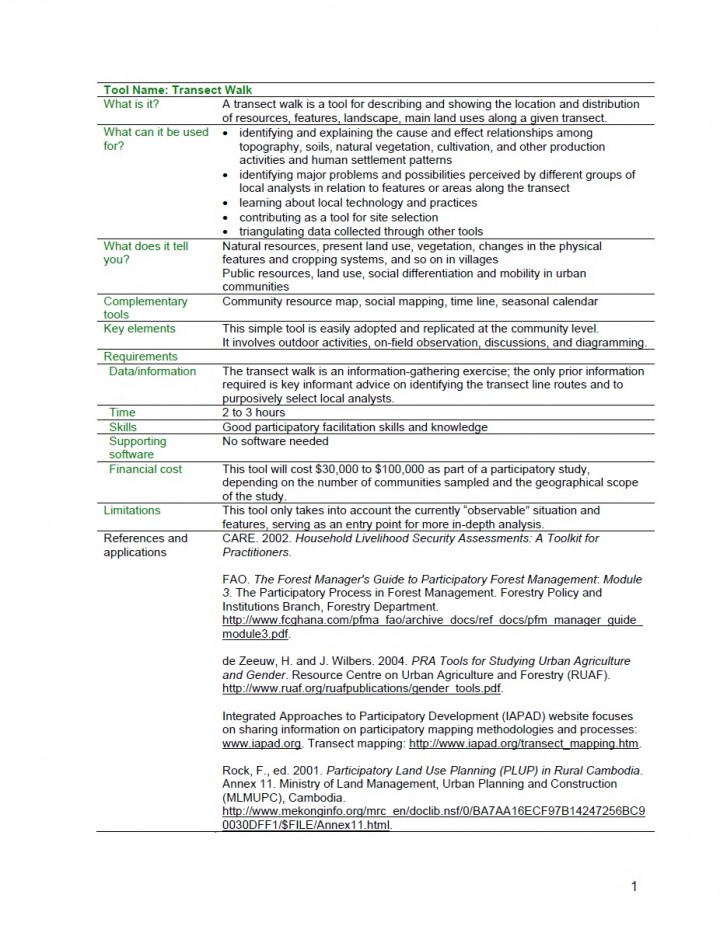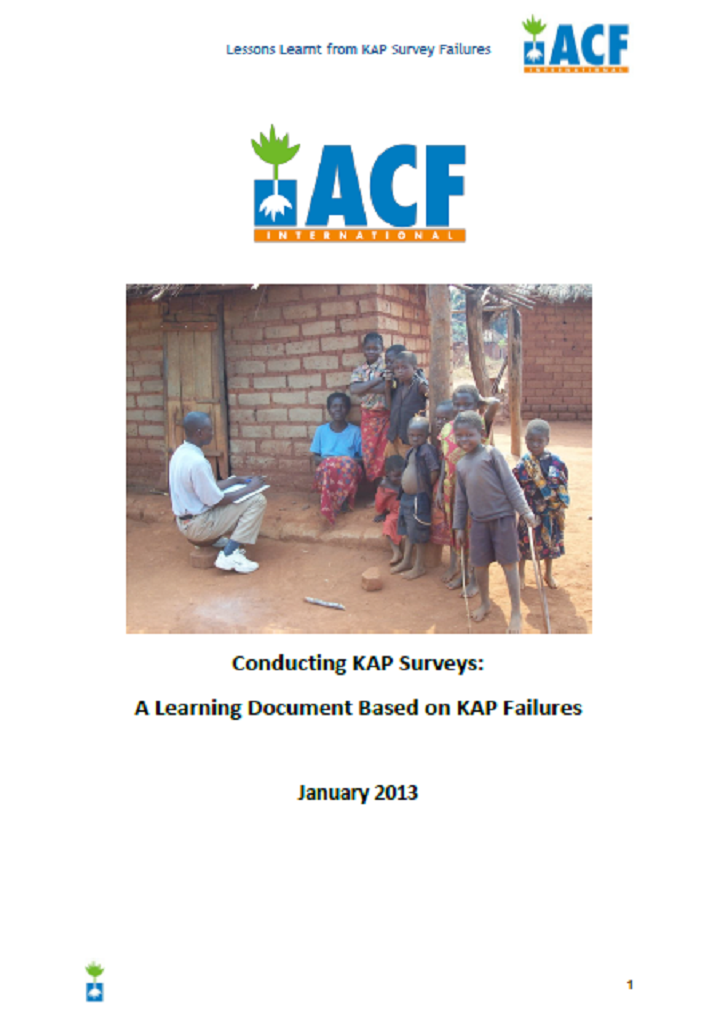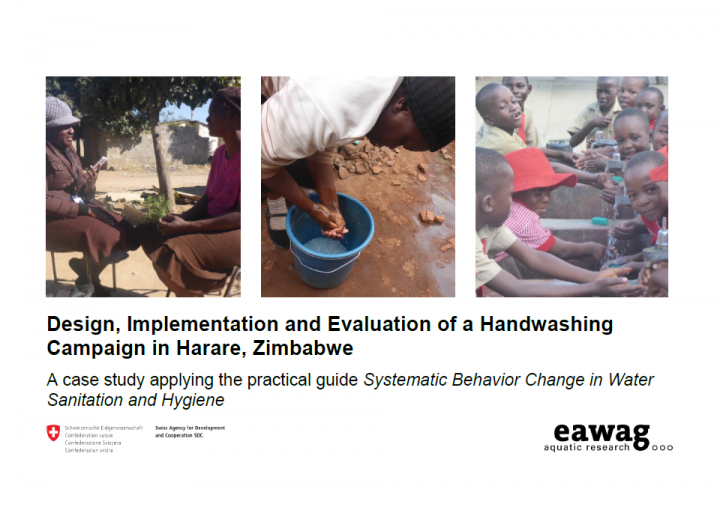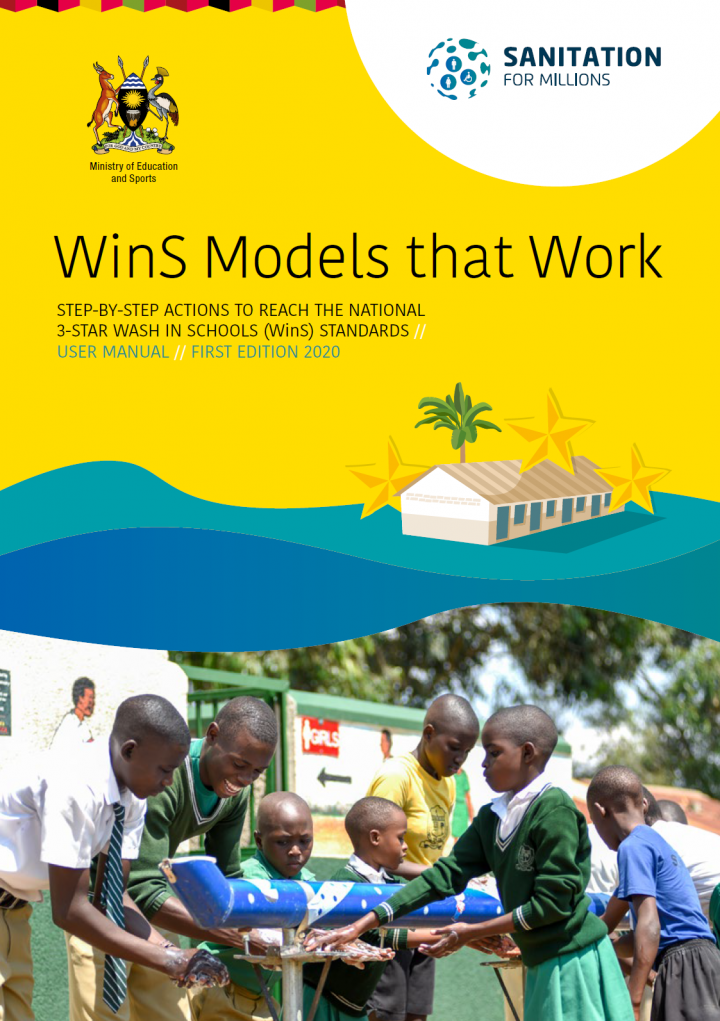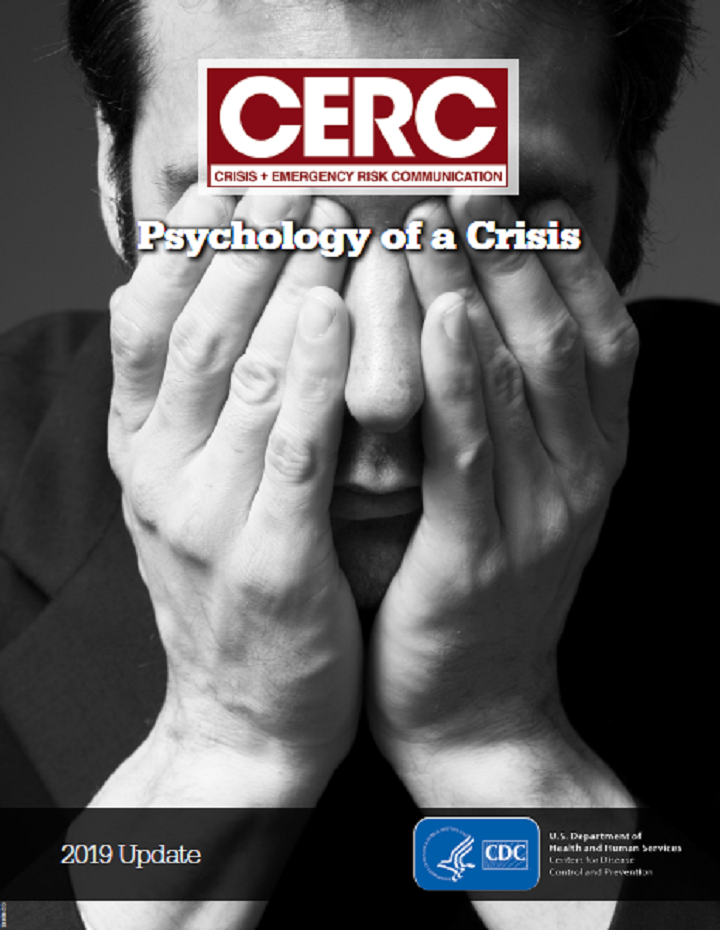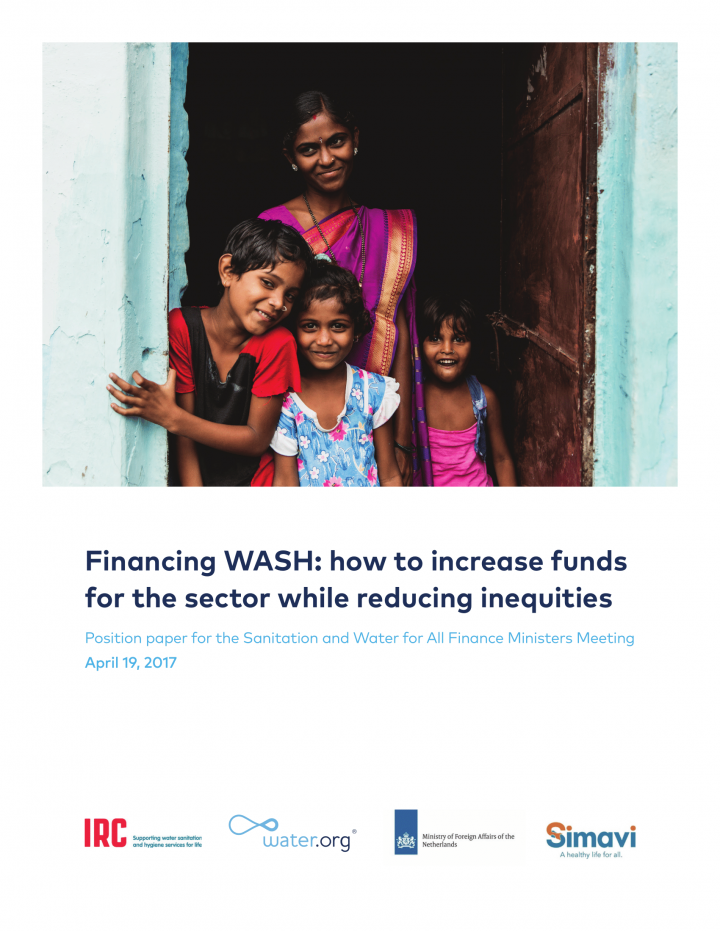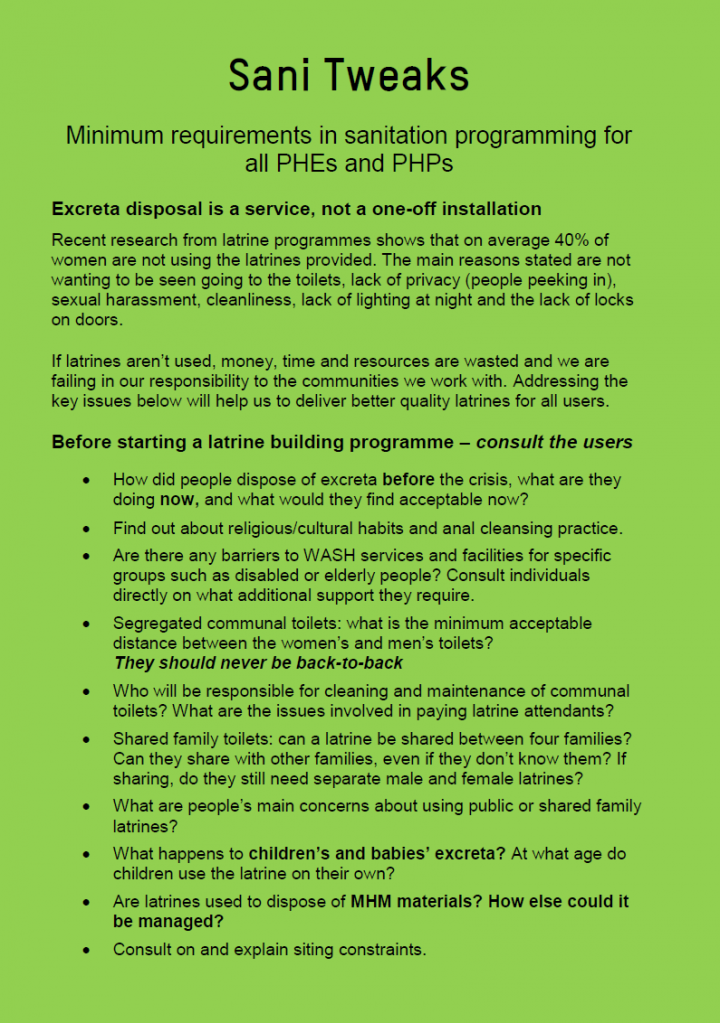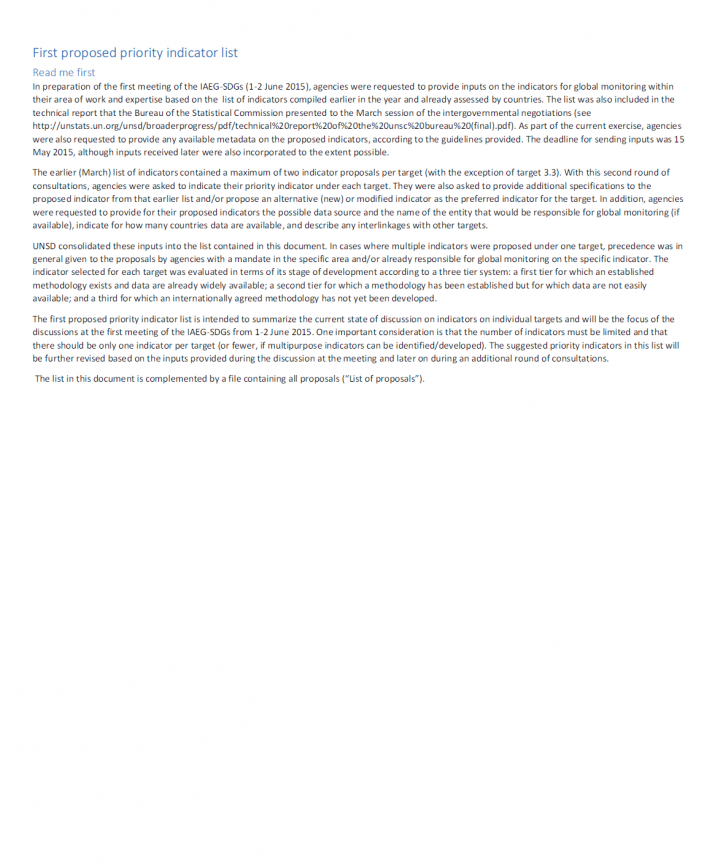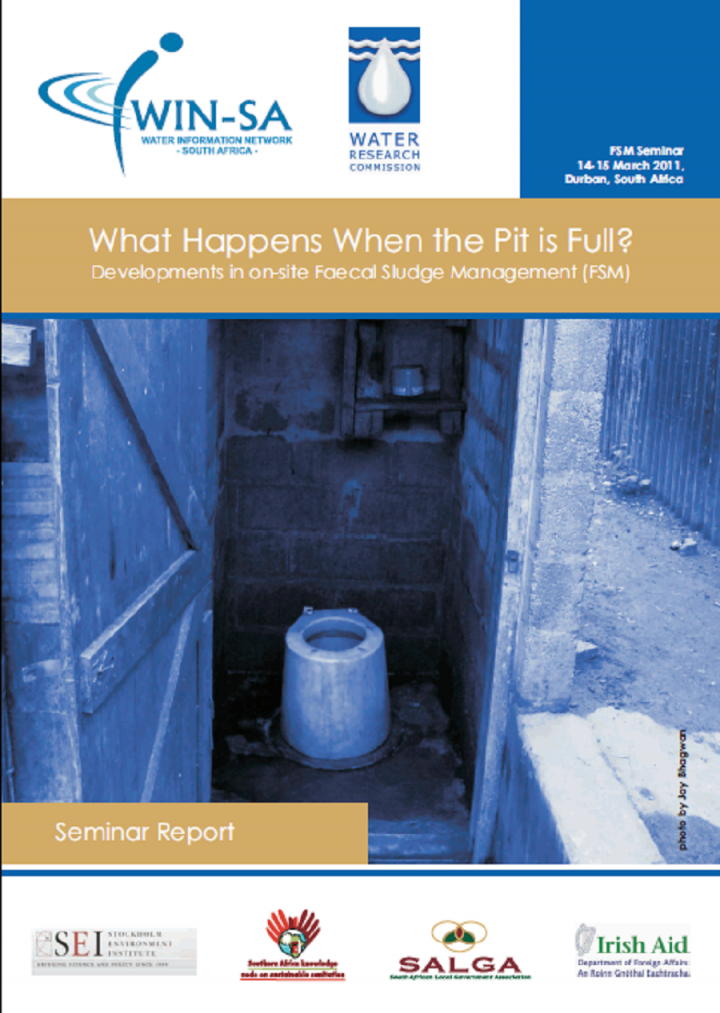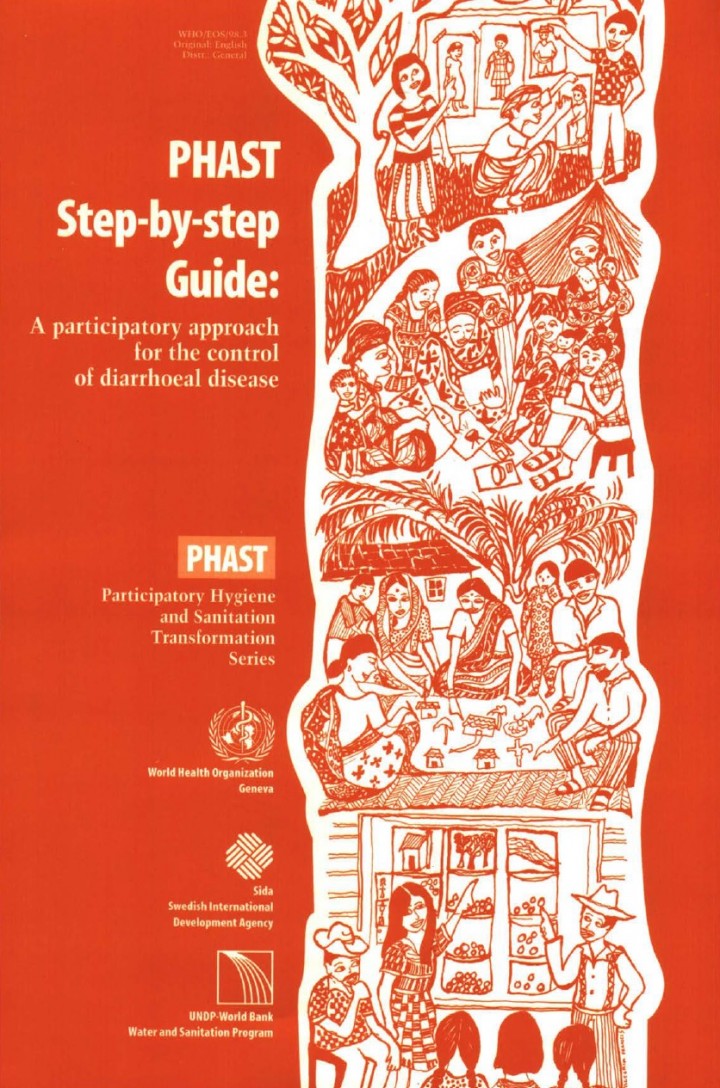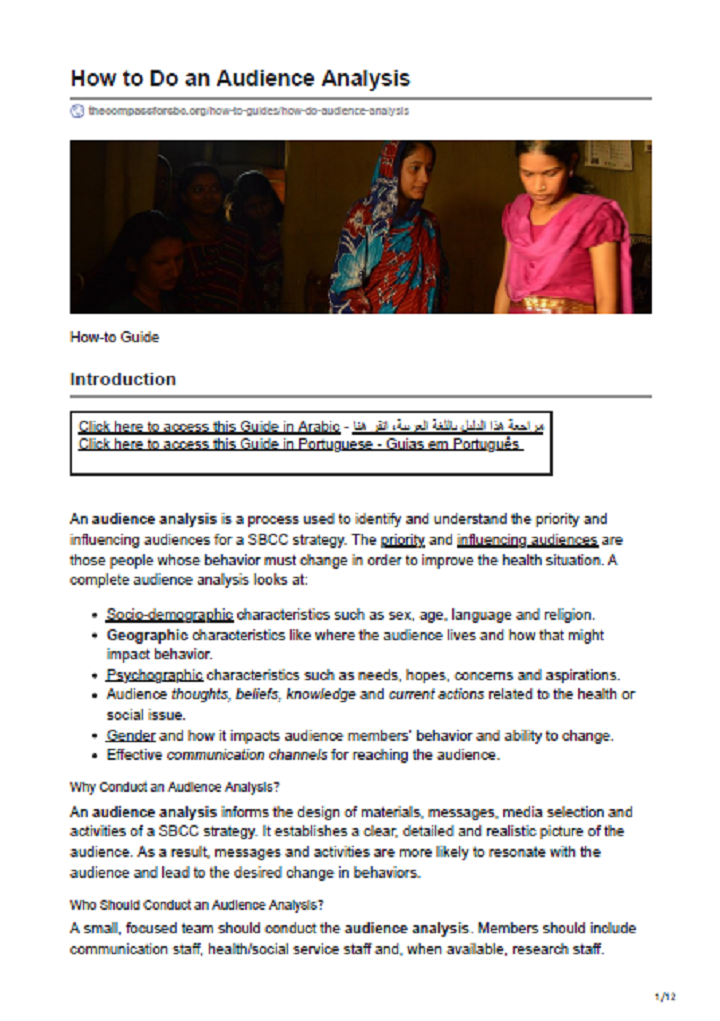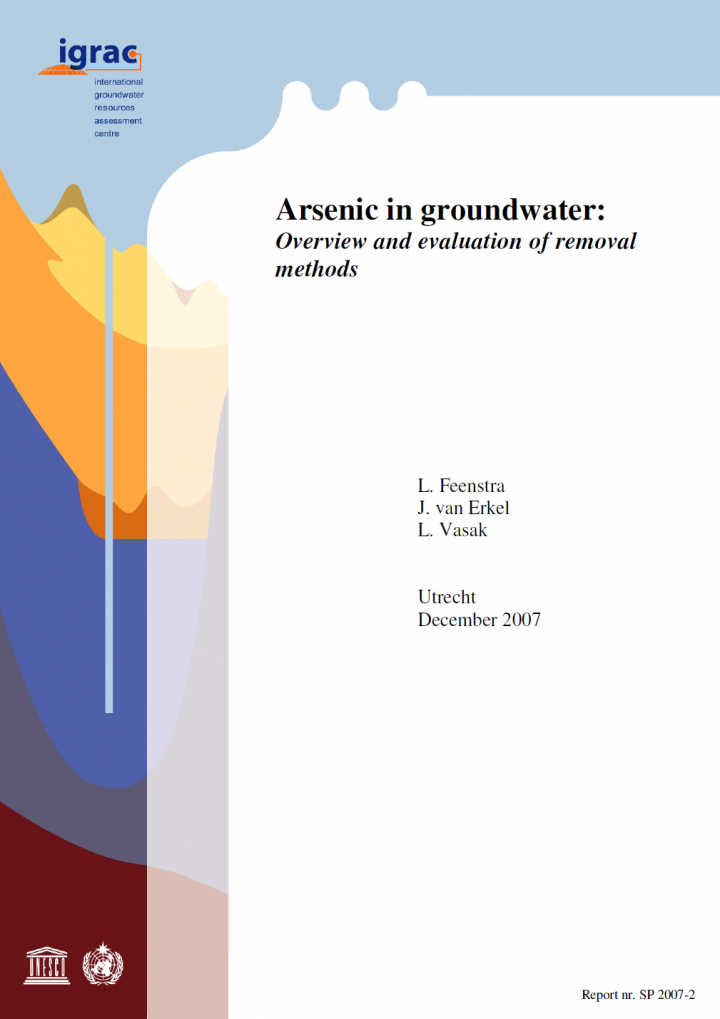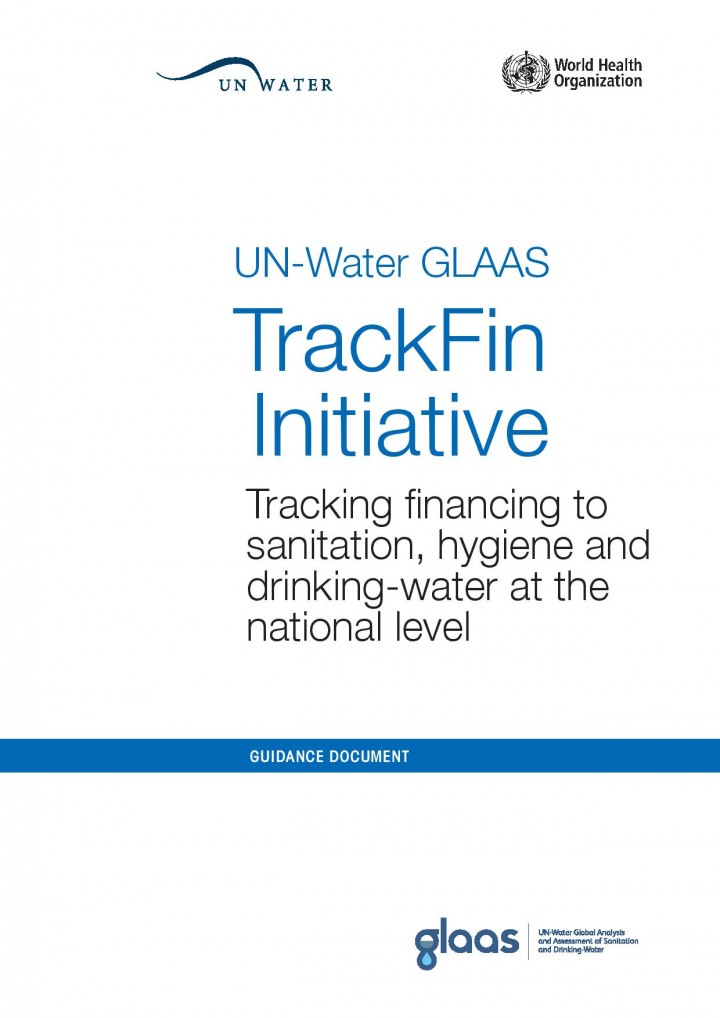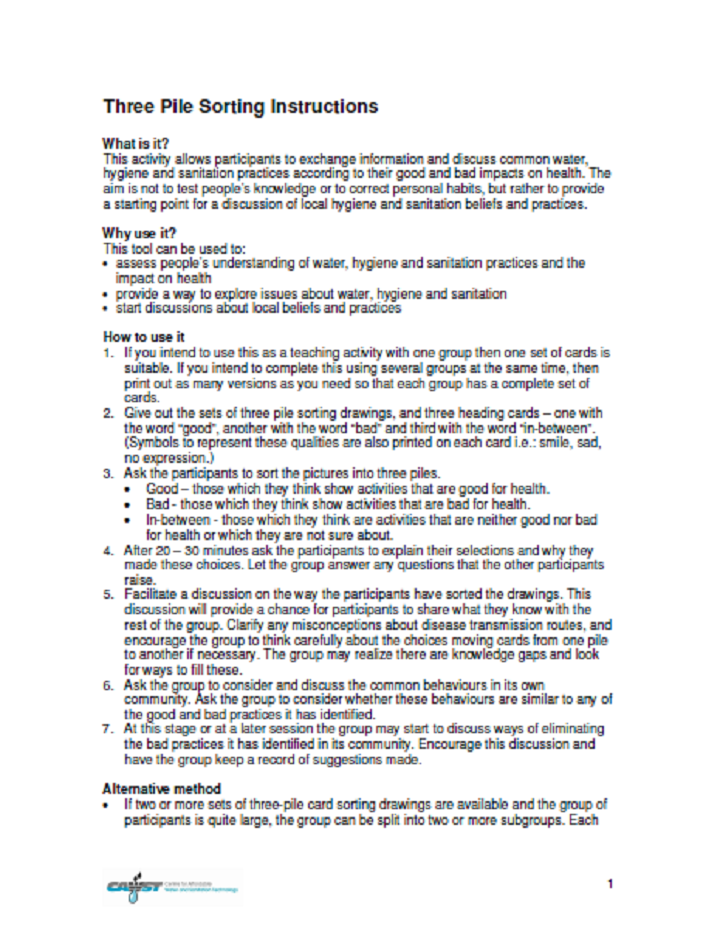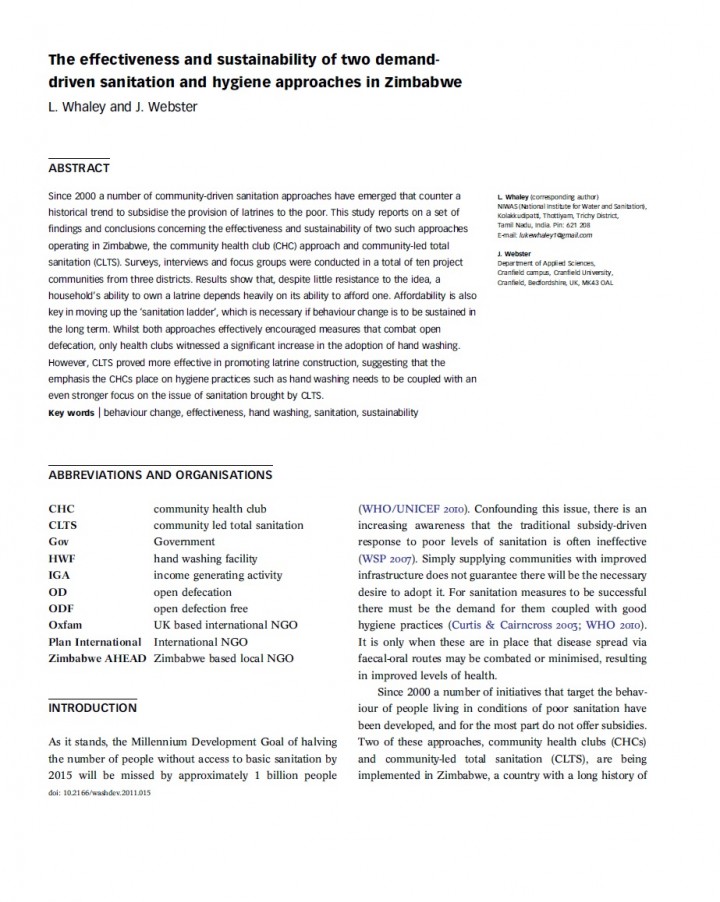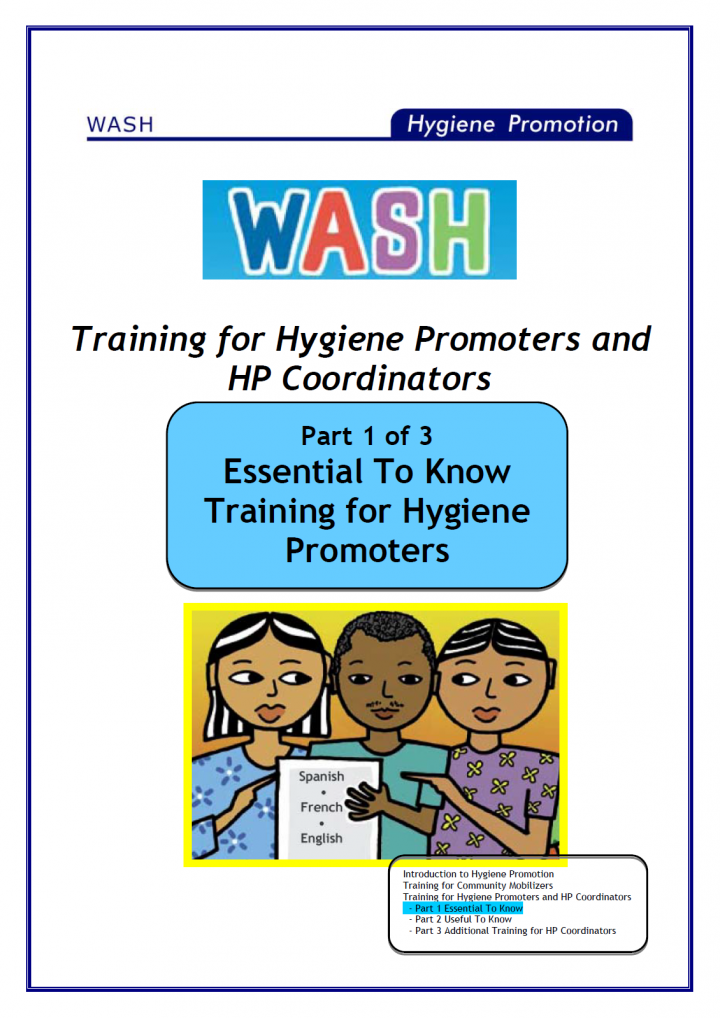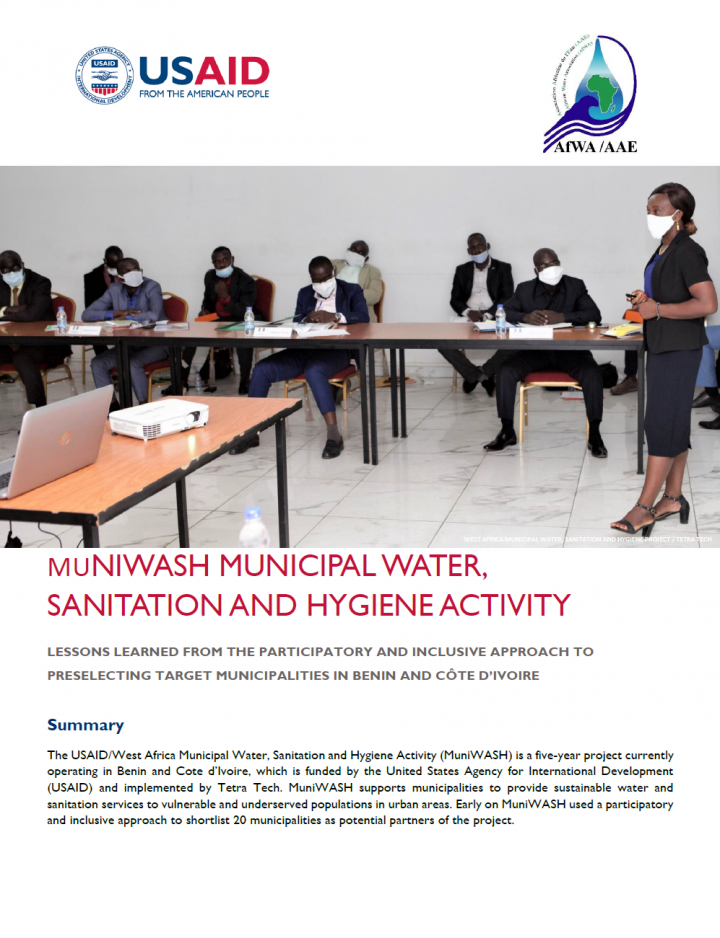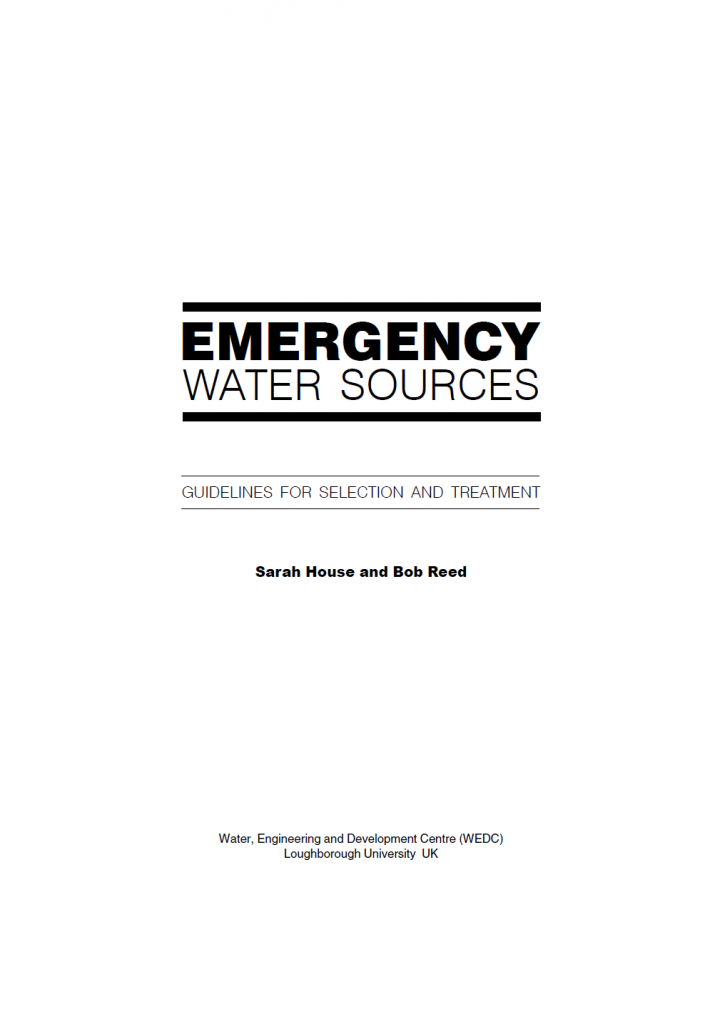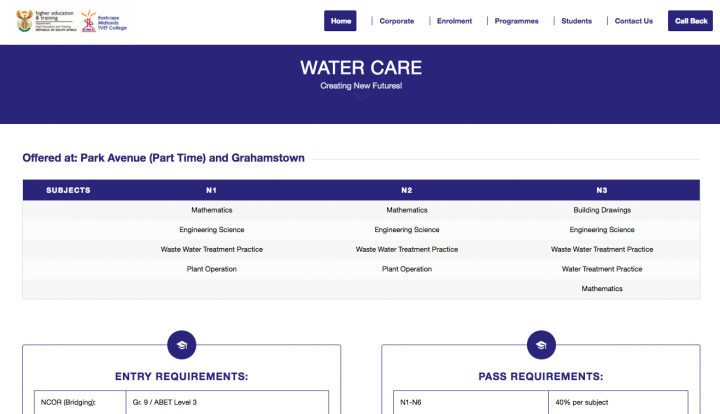Searching for information on Sanitation Workers?
The Sanitation Workers Knowledge + Learning Hub is the best source for all current news, trends, articles and updates on sanitation workers rights around the world.
Consistent hand hygiene can reduce morbidity and mortality from diarrheal and respiratory diseases. Diarrhea and pneumonia are still the leading causes of mortality among children under five years of age in low-income and middle-income countries. Recent findings suggest that interventions promoting handwashing with soap lead to a 40% reduction in the risk of diarrhea. Despite its health impact, …
Government reports from 2016 and 2017 identified that Ugandan schools are not meeting the national standards for water, sanitation and hygiene (WASH) in schools (WinS). For this reason, in 2017, the Ministry of Education and Sports adopted the Three Star Approach for WASH in Schools. The Three Star Approach (TSA) was developed by GIZ and UNICEF and has been implemented in countries around the …
Globally, investments concentrate on the construction of infrastructure (capital expenditure) with insufficient attention on the systems needed to make the water and sanitation infrastructure function properly: regulations, policies, monitoring, institutions and the people that provide WASH services at regional, district and municipal levels. The lack of non-capital expenditure and support for …
The objective of the seminar was to enable anyone responsible for the sustainable operation of
on-site sanitation systems to find out about new developments in the field, and to share their
experience with counterparts from elsewhere in Southern Africa and the world.
The seminar was split across six sessions and ended with two field visits (hosted by eThekwini's
Water and Sanitation …
An audience analysis is a process used to identify and understand the priority and influencing audiences for a SBCC strategy. The priority and influencing audiences are those people whose behavior must change in order to improve the health situation. A complete audience analysis looks at:
Socio-demographic characteristics such as sex, age, language and religion.
Geographic characteristics like …
Effective financing for drinking water, sanitation, and hygiene (WASH) are essential for the sustainable delivery of services. The UN-Water Global Analysis and Assessment of Sanitation and Drinking-Water (GLAAS) indicate that there are substantial gaps in our understanding and tracking of financing to the WASH sector. Financial reporting is often insufficient to enable sound, evidence-based …
"Follow your heart!" How a Bollywood star is empowering Nepalese women and winning our hearts in the process
Keki Adhikari is a Nepalese superstar with 1.3 million followers. Join us as we celebrate the power of change, which is only accepted when it reaches the heart. Keki talks about taboo subjects such as menstruation and forced marriage, slowly but surely changing women's rights in Nepali …
Since 2000 a number of community-driven sanitation approaches have emerged that counter a historical trend to subsidise the provision of latrines to the poor. This study reports on a set of findings and conclusions concerning the effectiveness and sustainability of two such approaches operating in Zimbabwe, the community health club (CHC) approach and community-led total sanitation (CLTS). …
This manual contains training materials and handouts to enablefacilitators to rapidly prepare training for different levels of hygienepromoters.
It can also serve as a resource for self directed learning by both hygienepromoters and others involved in supporting or managing WASHinterventions.
The USAID/West Africa Municipal Water, Sanitation and Hygiene Activity (MuniWASH) is a five-year project currently operating in Benin and Cote d’Ivoire, which is funded by the United States Agency for International Development (USAID) and implemented by Tetra Tech. MuniWASH supports municipalities to provide sustainable water and sanitation services to vulnerable and underserved populations in …
Polite notice: This session includes detail (through the documentary film and presentations) about real-life cases of sanitation worker deaths and injuries, which some viewers/attendees may find upsetting*
Workshop to connect key learnings from the labour and human rights sectors (on occupational health and safety, formalisation, collectivisation, worker entitlements and responding to labour …
These guidelines have been designed to help those involved in the assessment of emergency water sources to collect relevant information in a systematic way, to use this information to select a source or sources and to determine the appropriate level of treatment required to make the water suitable for drinking.
The guidelines, however, are not limited to the selection and treatment of water …
Eastcape Midlands TVET College (EMC) in South Africa’s Nelson Mandela Bay is continuing to play a critical and meaningful role in skills development and the lives of its students in the Eastern Cape province.
EMC serves a highly industrialised urban area, part of the Nelson Mandela Metropole, as well as the rural western part of the province. This means that the college faces unique …

